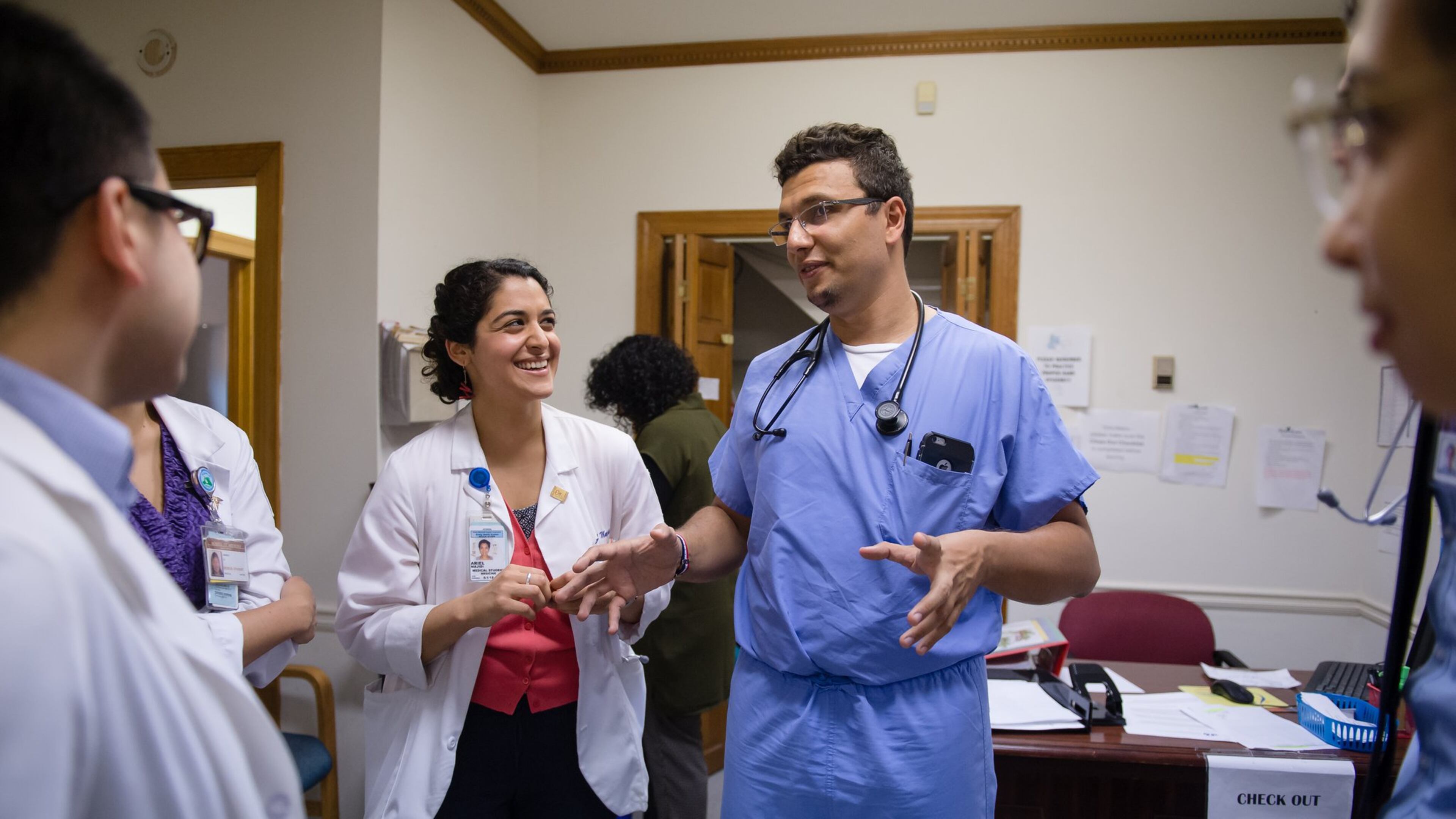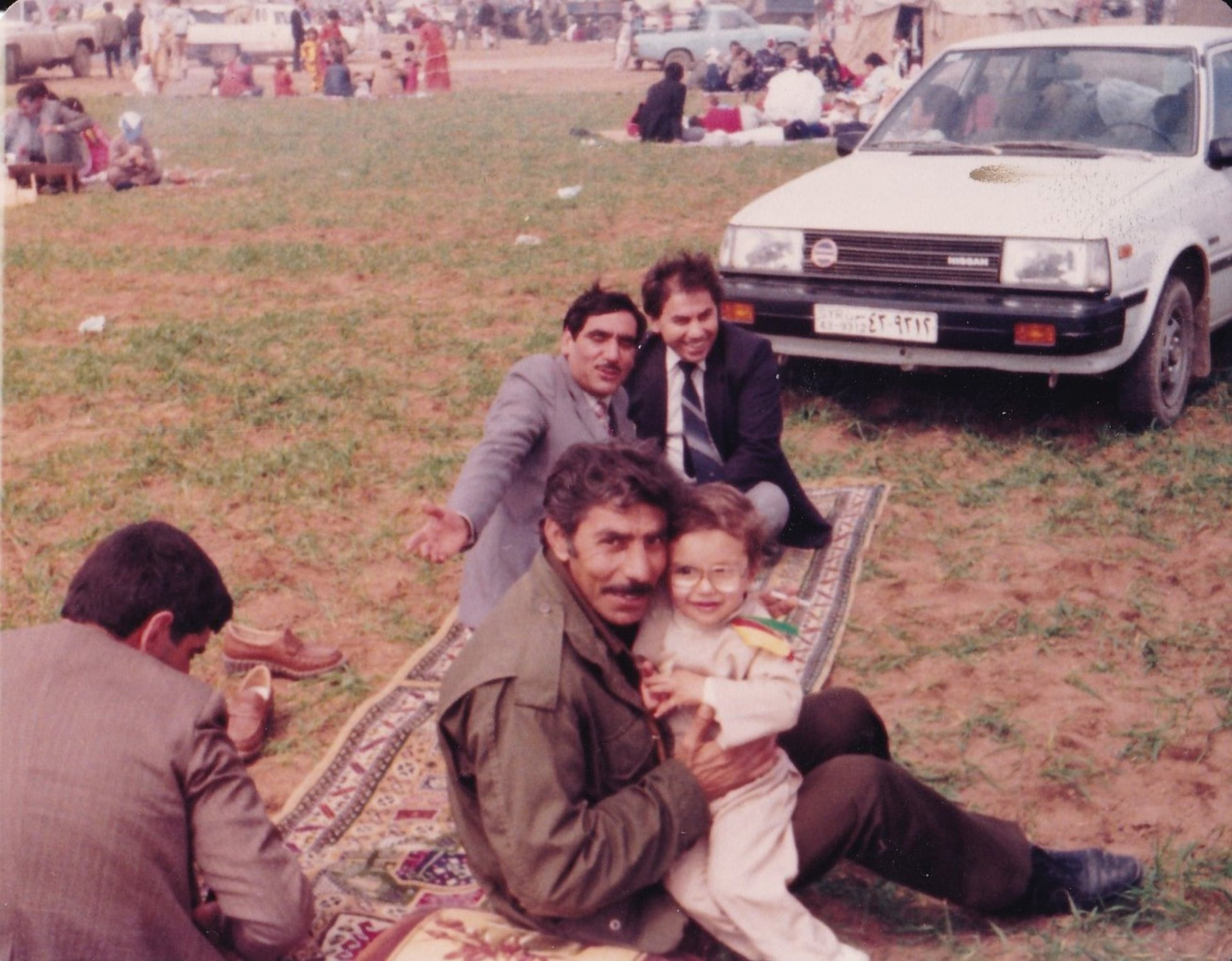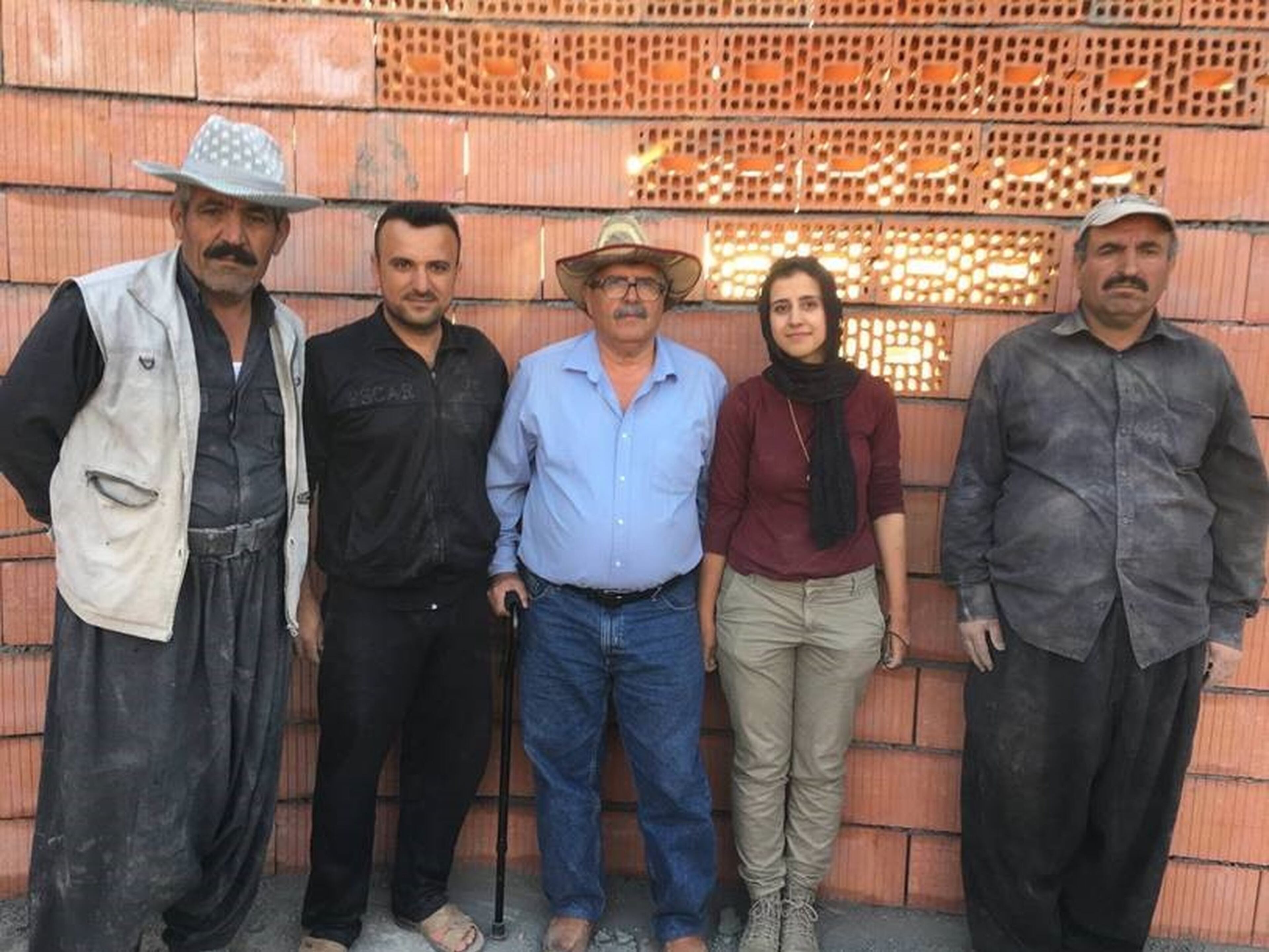Atlanta Kurds worry about aftermath of U.S. military pullout in Syria

Emory cardiologist Heval Kelli thinks of his 5-month-old son when he hears news reports on the bloody ramifications of the withdrawal of U.S. troops from northeastern Syria, where they buffered Kurds, including his aunts and uncles.
“I am glad he was born in America,” Kelli says of the infant. “He is born in a country of freedom. … That is the best gift I can give him.”
But Kelli and other Kurds in metro Atlanta are grappling with the actions of the United States, a nation they consider home, and the impact on family members far away.
» SPECIAL PRESENTATION: Heval Kelli, from dishwasher to doctor
» FROM 2017: Syrian refugee girl safe in Georgia amid travel ban
Kurds — an often-repressed ethnic group mostly spread across Syria, Turkey, Iraq and Iran — are U.S. allies who reportedly lost thousands of people in the fight against a common enemy, the Islamic State. President Trump’s decision to pull out the U.S. military cleared the way for Turkish forces to attack Syrian Kurds, some of whom Turkish President Recep Tayyip Erdogan contends are terrorists and wants out of a nearly 20-mile zone near the border.

That's led to an outcry from many in this country. The U.S. House overwhelmingly passed a bipartisan resolution rebuking the U.S. withdrawal.
Locally, the mayor and city council of Clarkston, a big resettlement spot for refugees of many nations, have proclaimed Sunday as a day “to stand with our Kurdish friends and neighbors, as they continue to be marginalized, oppressed, and abandoned by governments both in the region of the Middle East and around the world.” A gathering has been scheduled at the Clarkston City Hall in DeKalb County starting at 5 p.m. Sunday.
"Kurdish people and especially the Kurds of Syria have been very brave and very strong against ISIS. … They have given their lives and there is nothing to show for it." —Soleen Karim, a 30-year-old Lilburn architectural designer and former refugee
Kelli, who lives in Lilburn and is a U.S. citizen, said his family fled repression in Syria when he and his brother were children. They eventually settled in metro Atlanta in 2001.
He has aunts and uncles in northern Syria.
“They are helpless,” he said. In brief messages, relatives said some of their neighbors have fled; others stayed, fearing there was no safe place to go.
“As an American, I am ashamed we left our allies in the Middle East who fought for us. As a Kurd, I feel betrayed that we left my people hanging on the border without any protection,” he said.

Kelli made his comments before Vice President Mike Pence announced on Thursday afternoon that Turkey had agreed to a temporary ceasefire so Kurds could retreat. Others suggested that would allow Turkey to lock in territory it has captured.
Soleen Karim, a 30-year-old Lilburn architectural designer and former refugee, said she worries about another generation of Kurdish children who will be displaced by war, as she was. Her parents fled Iraq. She was born in Iran and eventually made it to the U.S. with her her family. She is an American citizen.
» RELATED: Why is Turkey fighting the Kurds in Syria?
» POLITICAL INSIDER: Georgia GOP fractures over rebuke of Trump for abandoning Kurds
“We want to think of the future as being more progressive and yet we are displacing so many more kids. It is just more harm being done and more lives being taken,” she said. “Kurdish people and especially the Kurds of Syria have been very brave and very strong against ISIS. … They have given their lives and there is nothing to show for it.”
In some areas of the Middle East, Kurds have been barred from learning their own language in schools or flying Kurdish flags. Kelli said in Syria his father at first wasn’t allowed to name him Heval, which means “friend” in their native tongue. It sounded too Kurdish, he was told.
After World War I, Western allies planned for an independent Kurdish state, but later abandoned the idea.
“That was the first betrayal,” Karim said. The latest one, she said, is what’s happening now.


